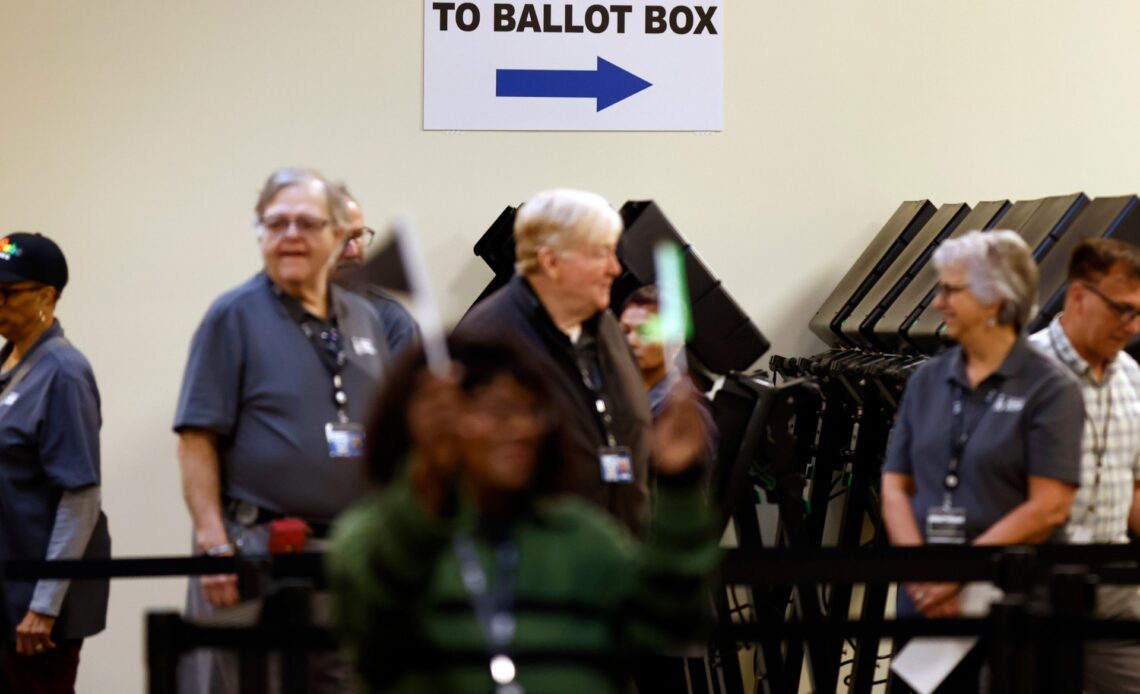Voters across 50 states in the US are casting ballots to choose the 47th president of the country in an election that has turned into a neck-and-neck battle between the two main candidates.
So far, election analysts say this year’s presidential race between Vice President Kamala Harris and former President Donald Trump is too close to call.
According to FiveThirtyEight’s daily polls tracker, Harris has a 1.2-point lead over Trump nationally. But Trump has begun narrowing the gap in recent days, and has slim leads in the battleground states of North Carolina, Georgia and Arizona.
Yet it’s not the first time that the path to the United States presidency has essentially seen a dead heat between candidates. Previous closely fought presidential elections have also seen California and New York – not the typical swing states – and also the US Supreme Court play a role in deciding the winner.
Let’s take a look at five presidential races in US history that came down to a few thousand votes:
1824: US House of Representatives weighs in
The 1824 battle for the White House was a turning point in American history as four candidates, all from the same political party, competed for the top post and the US House of Representatives had to pick the winner.
After the death of Alexander Hamilton, America’s first US secretary of the treasury and a founding father in 1804, the Democratic-Republic Party which had defeated Hamilton’s Federalist Party, was confident of its easy path to presidency.
But picking one presidential candidate proved to be hard for members of the party, and John Quincy Adams, Henry Clay, Andrew Jackson and William H Crawford, all from the Democratic-Republic Party, campaigned across the country, hoping to become the next president.
When polls closed across all 28 US states (the country now has 50), Jackson was in the lead with 99 electoral votes, followed by Adams who received 84, Crawford who got 41 and Clay who got 37 electoral votes.
But no candidate received a majority.
According to the Twelfth Amendment of the US Constitution, in such a case, “the House of Representatives shall choose immediately, by ballot, the President”. Moreover, since the Constitution also stated that only the top three in the race move ahead, Clay was disqualified.
For around a year, each candidate lobbied members of the House of Representatives – the lower chamber of the US Congress, including Clay, who was the speaker of the House.
Finally, on…

